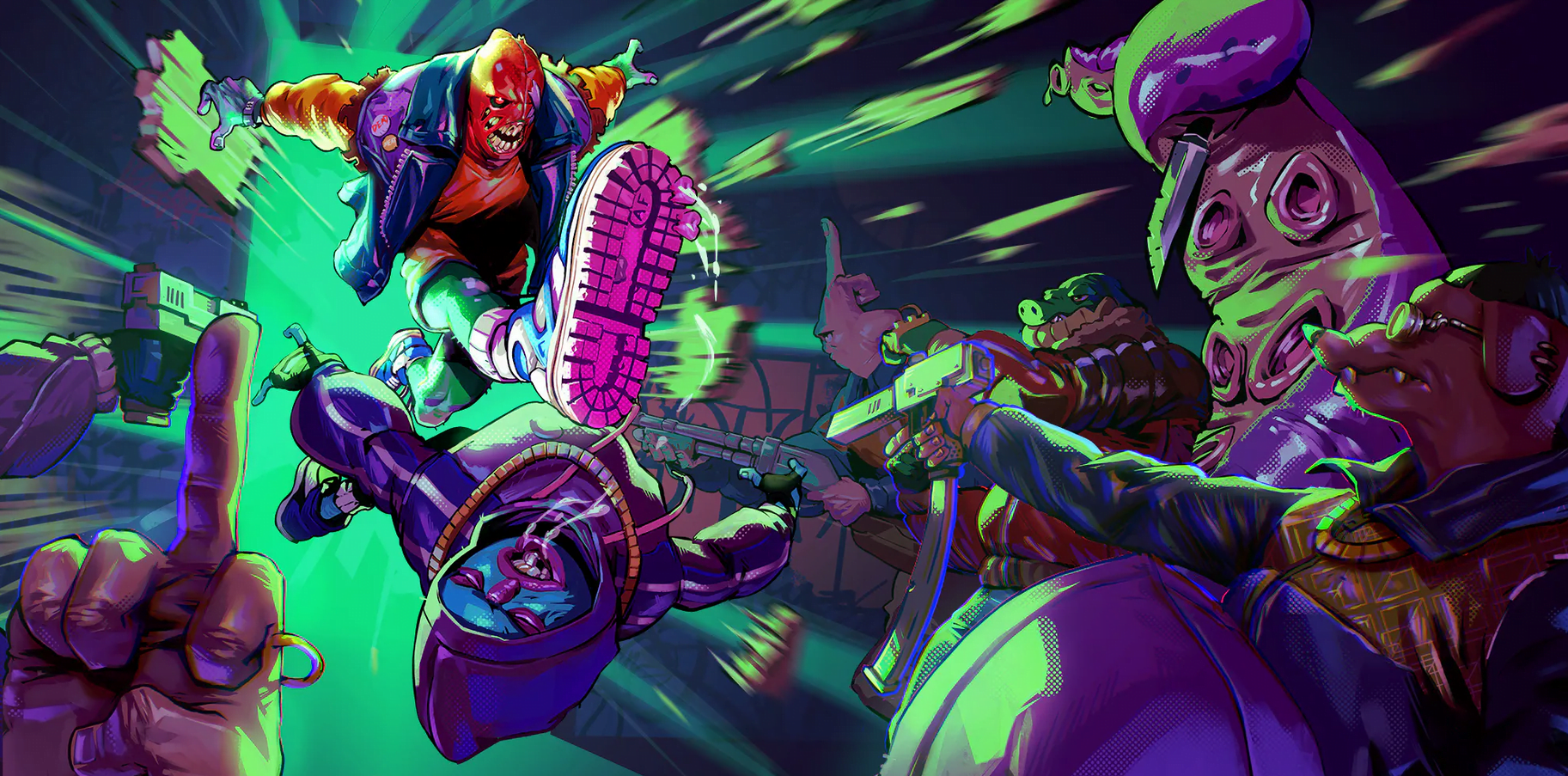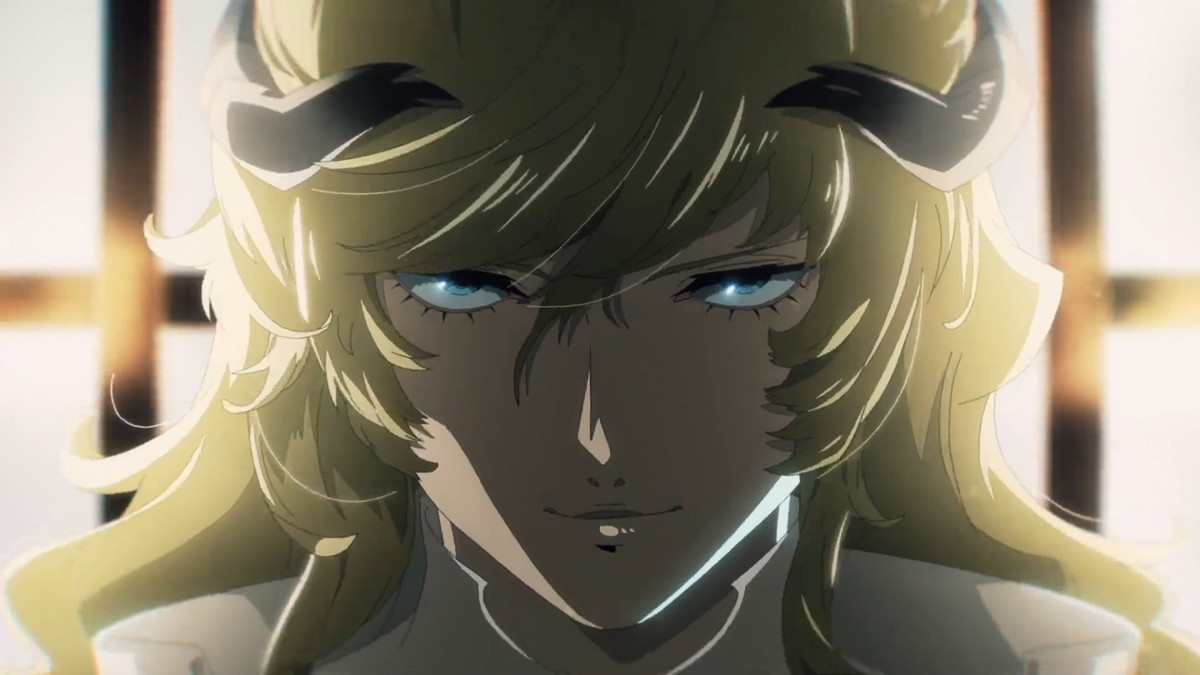A few months ago, I played Limbo, Playdead’s gloomy, award-winning platformer. It was going swell at first. Traversal was simple, the atmosphere was appropriately thick with tension and mystery, and the visuals were beautiful. Unfortunately, the game was riddled with nigh-unavoidable “gotcha!” deaths — seemingly scripted death sequences that can’t be dodged without prior knowledge of each one’s placement. Jump on a rope and a bear trap falls from the ceiling; run along a log and a boulder will suddenly come rolling. In both cases, I was never able to evade them on the first encounter.
I started scanning the area for signs. Wasn’t about to let the game get the better of me. But it did, because there were no signs. Activation was the only way I’d know where the damn things were, and when they finally seemed like they’d give me chance, by the time they appeared, it was too late: I was already dead, anyway.

This is trial and error at its worst.
* * *
I started From Software’s highly acclaimed, brutally difficult role-playing game, Demon’s Souls, as well. I read countless horror stories on its unforgiving nature, so I braced myself accordingly. I moved slowly, fought cautiously. Got killed plenty of times even so, but no matter how much I failed, it never felt like the game was at fault.
Every death was solely on me. Whether because I was too careless or just not fast enough to avoid a fatal blow, I knew I screwed up. Thus, I’d try again. And again. And again, until I finally got it. Because with each failed attempt, victory got ever closer. Through each failure I learned how to battle the environment and monsters. What strategies to employ under what circumstances.
I learned how to play Demon’s Souls.
This is trial and error at its best.
* * *
Trial and error is a long-time companion to video games. Just about every game in existence uses it in some form. It refers to the act of having to complete a specific level, sequence, or task in a very particular manner, the slightest misstep often forcing you to try again from the beginning. It’s an easy and effective means of inserting challenge. And an unfortunately cheap one, in most cases.

The two examples I chose – Limbo and Demon’s Souls – are prime cases of this concept being used exceptionally well and exceptionally poor. Limbo uses it as a means of trying to scare the player by causing death to occur at random intervals, but ends up becoming a nuisance due to its frequency and inevitability. Demon’s Souls uses it to reinforce its themes death and hardship, to force players to adapt to its rules through a tough-but-fair learning process to great effect. The difference is a matter of player agency.
Limbo fails at this because the deaths come at you with no warning. You can spend minutes examining every inch of the area, looking for any suggestions that a trap could spring and you still wouldn’t find it until you run into them. It’s the sort of trial and error that forces you to fail before you can begin working on a solution, that doesn’t ever feel like it gives you a chance. The sort that derives challenge from cheap theatrics.
In Limbo’s case, it feels like Playdead designed the game this way with the intention of making sure players see the many grisly ways in which the boy can die, as evident by the way in which the camera hangs on the boy’s body after being impaled, maimed, shredded, crushed, electrocuted, etc. A fine idea on paper (nice and unsettling), but poor in execution as it comes at the cost of agency.
Demon’s Souls looks to be the same, but it sidesteps such classification because it doesn’t sacrifice player agency. You are always in control. Any bad situation can be turned around with some quick ingenuity. You are always given a good idea of what’s ahead, despite Boletaria’s dark, haunting locales being primed for surprise attacks. Demon’s Souls only succumbs to temptation once: in the first level on a bridge, where a dragon flies over and bears down fire upon it. The rest of the game forgoes deception, presenting everything you need before you.

The game is basically one giant, open-ended puzzle. That’s why it works. Trial and error manifests itself as a question of, “what should I try here?” instead of, “what am I supposed to be doing here?” Important to note because the concept is still very clearly there; it just doesn’t funnel you down a specific path. That’s the key.
Successful use can only reliably be achieved if it doesn’t feel like you’re traditional case of trial and error: of repeating the same, monotonous action over and over until you finally succeed. There is a place for that (Super Meat Boy, for instance), but it doesn’t often “fit in.” That sort of deliberate design has to be done purposefully. Sloppily tossing it in only leads to disaster.
And that’s often what trial and error is: a disaster. Because so few know how to truly make use of it. Given how long games have been around, that’s shameful. There should be a greater understanding of its workings. Maybe then it wouldn’t be so common to criticize it for just being what it is.




